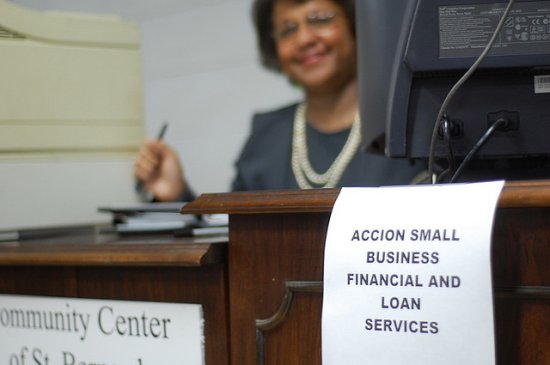
Was It a Personal vs. Business Bankruptcy?
The first factor to consider is whether you filed a business or personal bankruptcy. If you filed a personal bankruptcy, but your business has been around for a while and has a good reputation for credit, your personal financial situation may not come into consideration. But if you're just starting a business or it hasn't been established very long, the lender will very likely want to pull your personal credit as part of the lending process. And this means a recently filed personal bankruptcy could make the process of borrowing more difficult. If you filed business bankruptcy, this would also make borrowing more rigorous.
How Long Has it Been Since Your Bankruptcy?
Because bankruptcies stay on your credit for seven to ten years, the time between when you file bankruptcy and when you apply for a loan is important. If you're fresh off a bankruptcy filing, it's likely not a great time to apply for a loan. But if it's been several years since your bankruptcy and you took serious steps to rebuild your credit after your bankruptcy, it may not be as big of a deal. The bottom line is that the longer between filing bankruptcy and applying for a loan, the better. And, the shorter time between your bankruptcy and loan application, the higher your interest rates will be. But if it's been seven years or more since you filed bankruptcy, it should not be an issue at all.
Ways to Improve Your Business Credit After Bankruptcy
#1 Rebuild Your Credit
After you file bankruptcy, it's important to begin rebuilding your credit right away. You'll need to start small with a secured credit card, and then a small loan of a few hundred dollars and build from there. It's imperative that you pay all your bills on time and meet all of your obligations from the moment you file your bankruptcy going forward.
#2 Keep Personal and Business Money Separate
Make sure that your personal and business finances remain distinct and apart. This will keep financial problems in one arena from affecting the other. It also minimizes risk to your personal assets if your business goes through a crisis. This way, you can make decisions with calculated business risk with confidence.
#3 Think Carefully Before Using Assets as Collateral
Many small business owners use their home and personal assets as collateral for business loans. While this can make it more likely that your business loan application to be accepted, it also is much riskier. Using business assets as collateral is much wiser. And if you have no business assets, it may be worth it to pay a slightly higher interest rate to keep your personal assets safe.
Every lender will have different criteria so it may be a matter of pre-screening lenders to find one that has more flexible standards. And you may have to cut expenses and postpone borrowing if you can't secure a loan or can't get one with terms affordable enough to make business sense.
Please read the original post on our affiliate site, BillsBills.com
whoaa
